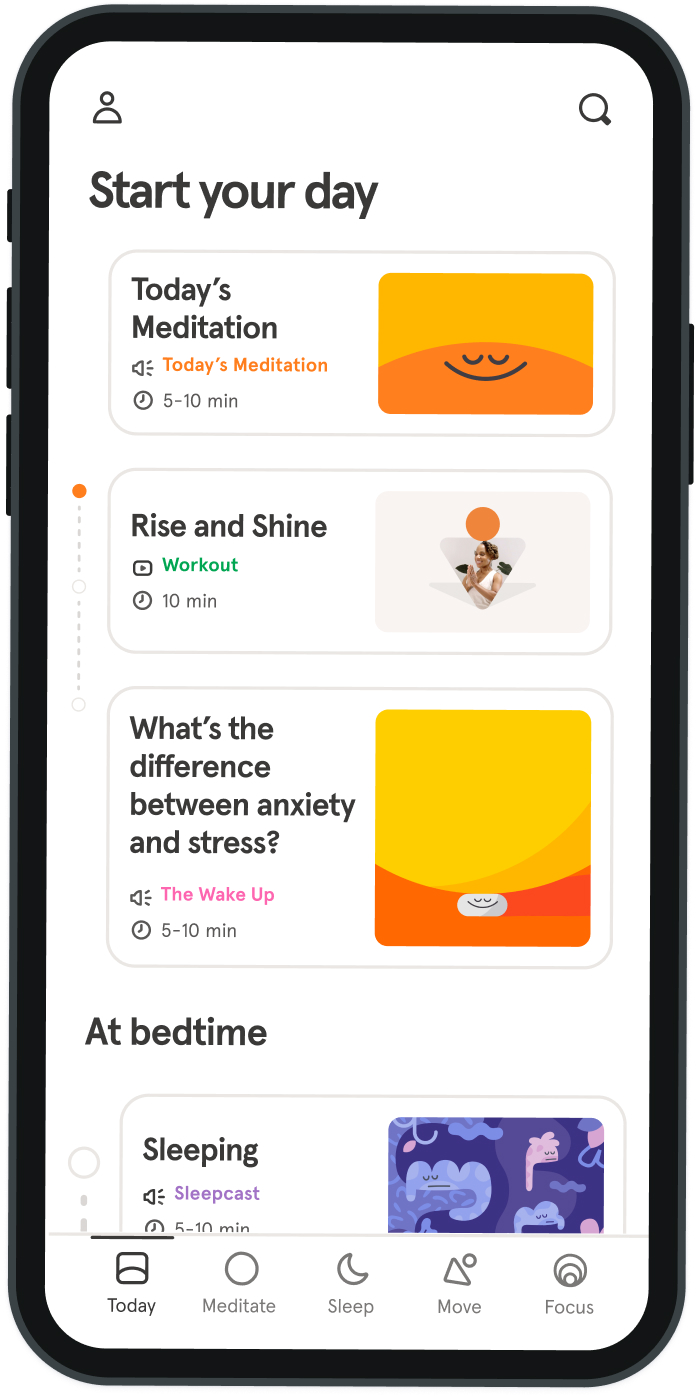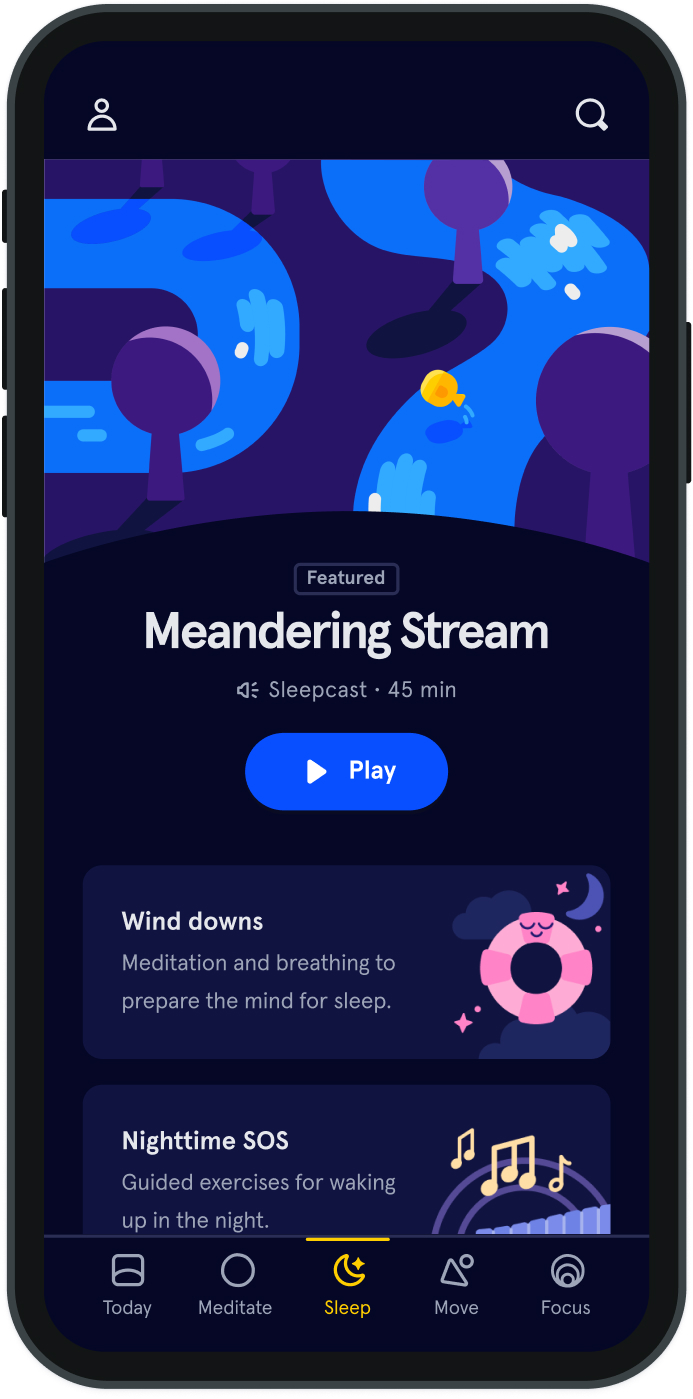Can meditation help your kid get straight As?
The current education world seems to revolve almost completely around test scores. Teachers are evaluated on their students’ rankings while school funding hinges on test results.
For many school leaders at both the K-12 and higher education levels, a student’s standardized assessment results represent their overall academic success. There is tremendous pressure on today’s youth to test well in order to advance to the next grade and get accepted to their college of choice. And forget about grades, a standardized test is daunting enough by itself. A quick scan of Florida’s state assessment design summary for the FCAT (Florida Comprehensive Assessment Test) shows that students as young as third graders test for at least two hours, while other tests go on for a minimum of four hours for some grade levels. Most adults struggle to pay attention to an hour-long episode of “Game of Thrones”; to ask a third grader to try their hardest on a test that is three times as long seems like a bit much. By the time students are halfway through high school, many are preparing for state assessments as well as the ACT (over three and a half hours with writing) or SAT (almost four hours). So while high schoolers are switching gears from deciding what to wear to the school dance to what to do with the rest of their lives, their guidance counselors and parents are just hoping that one of the many post-secondary options they’ve suggested actually sticks. Is college the best path to take next? If so, which one, and for what course of study? What about a trade school, tech center or apprenticeship? With so much stimulation and pressure, it’s understandable that teens might feel overwhelmed or struggle to focus.
Back in 2013, researchers at the University of California, Santa Barbara sought to determine if meditation could help boost test scores. Contributing researcher and graduate student Michael D. Mrazek said, “We had already found that mind-wandering underlies performance on a variety of tests, including working memory capacity and intelligence.” Working memory refers to a person’s capacity for holding bits of information and using them appropriately. So, the more working memory a test-taker has, the better they tend to perform. This is especially true for reading comprehension tests. The UC-Santa Barbara researchers also set out to determine if an individual’s working memory abilities could be strengthened through practicing meditation. They enrolled 48 undergraduates in a two-week study where they were initially evaluated for “working memory capacity, mind-wandering, and performance on a GRE reading comprehension section.” Then half of the students were enrolled in a nutrition program while the other half took “a mindfulness-based stress reduction program.” At the end of the two weeks, all participants were re-evaluated with a new GRE reading comprehension section. While the nutrition group’s scores remained the same, the group who participated in meditation sessions performed much higher; their average GRE verbal score increased from 460 to 520, their working memory improved, and their mind-wandering decreased. With scientific evidence to back it up, schools like Bridgerland Applied Technology College in Utah have made meditation exercises available for students. These exercises are intended to increase “confidence as a student and ease the anxiety that comes before taking an exam.”
But individuals don’t need to wait until post-secondary education to start reaping the benefits of mindfulness practice. Parents, teachers, and counselors can embed meditation into positive test-taking preparation at the primary and secondary education level. It can become a simple step in the larger process, along with getting a good night’s sleep and eating a balanced breakfast. Sure, a simple meditation exercise right before the test starts will add time to the total endeavor, but it can drastically increase student scores and confidence levels. Meditation is also an invaluable tool in helping youth determine their next steps after testing has ended. Once the results are in, practicing mindfulness can help students cancel out the background noise and focus in on exactly what their options are for the future. Many mindful adults regularly employ meditation to help with decision-making—teens should be encouraged to do the same. They’re still in the process of developing life skills and figuring out who they are; meditation is such a valuable tool that they can deploy in a variety of situations later in life. Why not start at the first crucial crossroads that most young people face?


Be kind to your mind
- Access the full library of 500+ meditations on everything from stress, to resilience, to compassion
- Put your mind to bed with sleep sounds, music, and wind-down exercises
- Make mindfulness a part of your daily routine with tension-releasing workouts, relaxing yoga, Focus music playlists, and more
Meditation and mindfulness for any mind, any mood, any goal

Stay in the loop
Be the first to get updates on our latest content, special offers, and new features.
By signing up, you’re agreeing to receive marketing emails from Headspace. You can unsubscribe at any time. For more details, check out our Privacy Policy.
- © 2025 Headspace Inc.
- Terms & conditions
- Privacy policy
- Consumer Health Data
- Your privacy choices
- CA Privacy Notice
